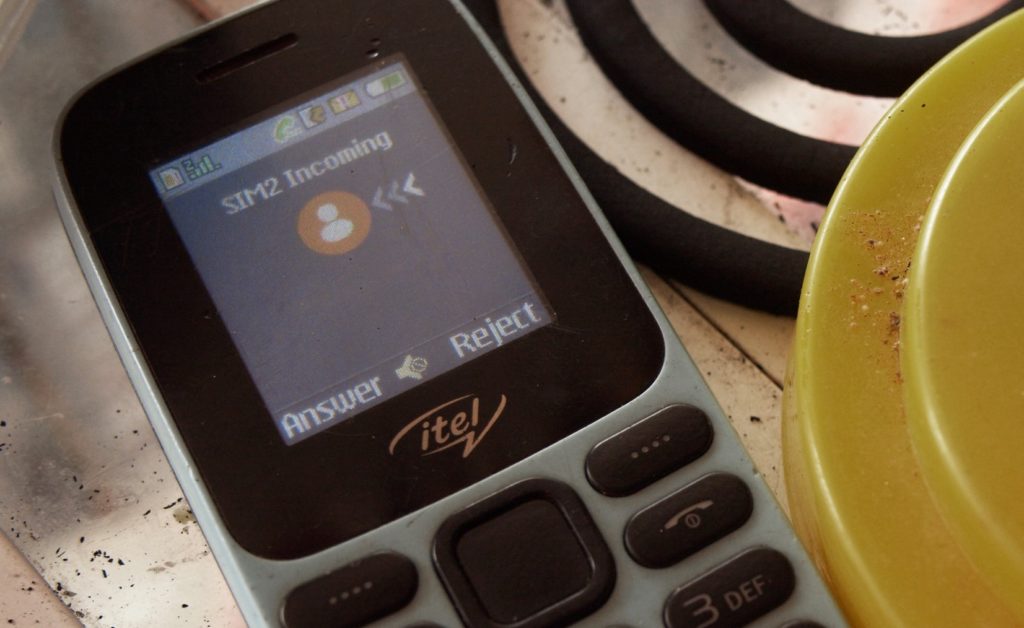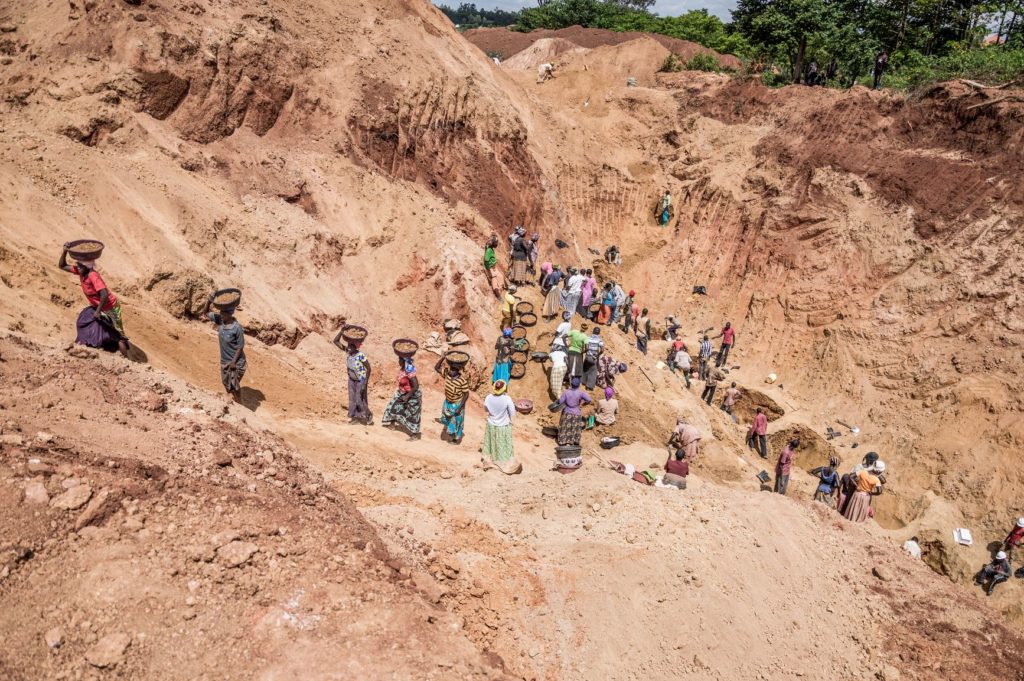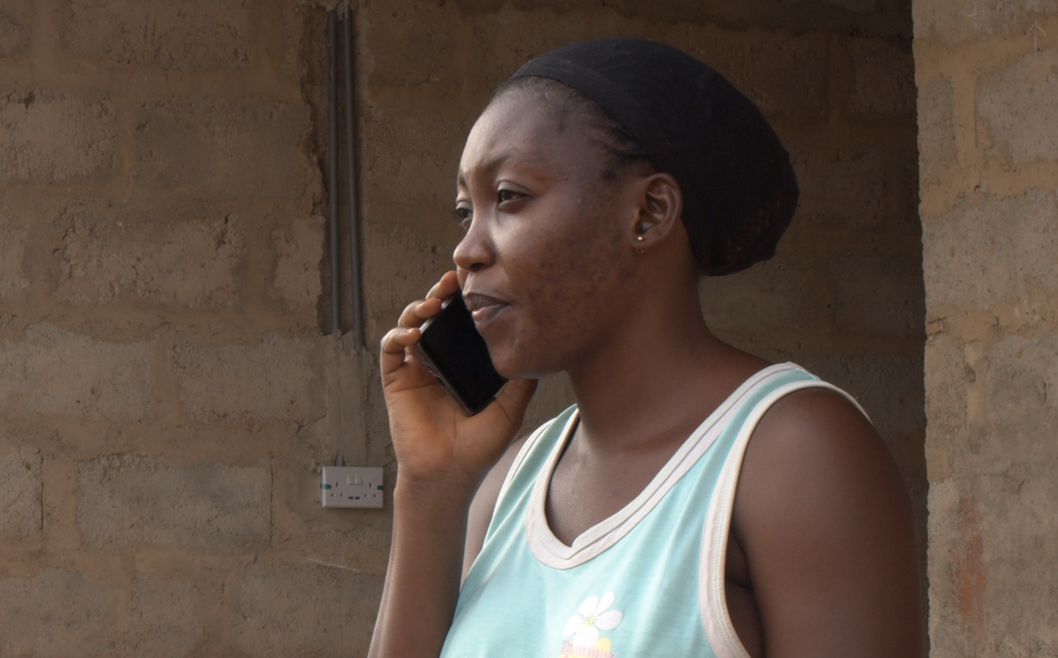According to Yaw Britwum Opoku, programme manager for Gold at Solidaridad West Africa, the adoption of the Interactive Voice Response (IVR) platform — a digital tool — to educate and track miner’s adherence to responsible mining practices helped small-scale gold miners in Ghana to adapt and continue mining responsibly, even when the pandemic was at its peak.
Solidaridad successfully used the platform to disseminate practical guidelines on responsible mining practices, such as safe working conditions, responsible use of mercury and environmental management to 4,000 miners in the Ashanti and Western regions of Ghana.
Yaw shared these insights during a webinar session at the 14th Forum on Responsible Mineral Supply Chains hosted by the Organization for Economic Cooperation and Development (OECD) on 28 April 2021. The event sought to explore changes brought about by the pandemic on supply chains and due diligence systems and how companies, communities and programmes adapted.

He said the pandemic presented a temptation for miners to become dismissive of responsible mining practices, and resort to local and illegal markets.
“Solidaridad needed to move swiftly to provide critical support to mines that were still operational at the height of the pandemic.”
With Covid restrictions in place, the IVR tool came in handy to help us deploy timely messages to the miners and neighboring communities. Where practicable, Solidaridad additionally had one-on-one discussions with some of the miners and supplied face masks, hand sanitizers and hand washing equipment to mining communities to enhance their resilience to the pandemic.
Yaw Britwum Opoku, programme manager for Gold at Solidaridad West Africa
The 14th Forum on Responsible Mineral Supply Chains event, which brought together representatives from government, businesses, and civil society, also learned lessons for supply chain resilience amid similar disruptions in the future.
The forum applauded Solidaridad’s gold digital suite that helps miners to generate tailored work plans they can follow at their own pace in their quest to mine responsibly and provide information to regulatory bodies on compliance to set standards.
Building women’s capacity for resilience
Yaw said Solidaridad built the capacities of women in mining communities and women associations by setting up women-only groups and training them in group dynamics, leadership skills and responsible mining practices.

Against child labour in Uganda
Together with project partners, Solidaridad has recently finalized the project Joint Forces to Tackle Child Labour: from Gold Mines to Electronics, implemented in artisanal and small-scale mines and mining (ASM) communities in Busia, Uganda.
In its quest to provide access to finance for the women groups, Solidaridad set up Village Savings and Loan Associations and a group-managed revolving fund to inculcate the habit of savings in them while accessing credit for their businesses.The organization also supported the women groups in registering with their respective local authorities and introduced them to financial institutions and business advisory centres to benefit from their services where necessary.
Since 2012, Solidaridad, through its gold programme, has been focusing on improving the livelihoods, working conditions and ecosystems of artisanal and small-scale miners and their communities. The approach centers around promoting good environmental, social and responsible practices through the adoption and application of tools that promote responsible practices in small scale mines.

